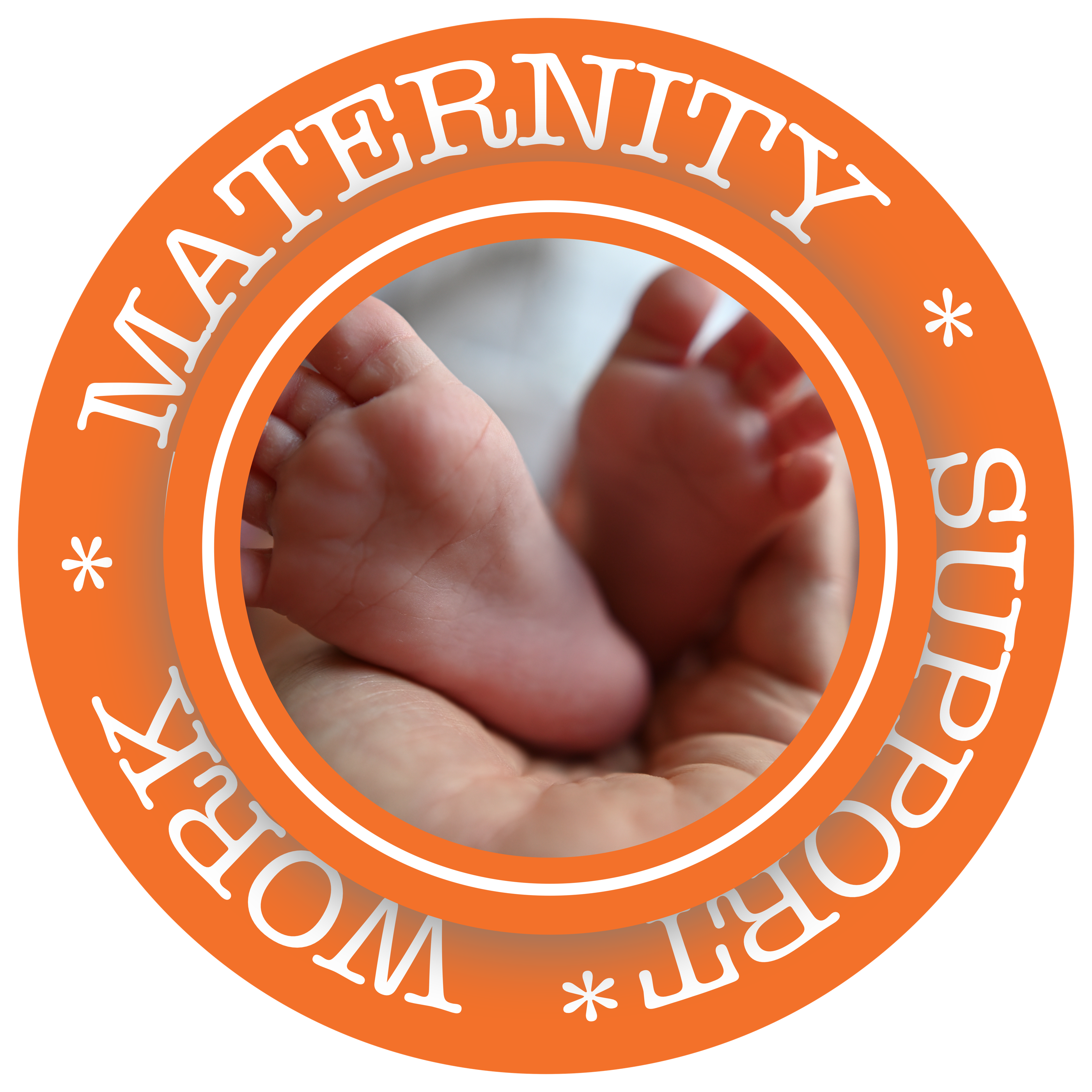The Maternity Support Worker Training is a comprehensive course designed to prepare individuals for a career in maternity care. The course is delivered via live streaming, eliminating the need for physical attendance at the training centre. The training is intense, consisting of 3 days of intensive training (18 hours), followed by 1 week of self-study and online assessment (80 minutes).
The training is aimed at individuals who wish to become Maternity Care Assistants in NHS and private hospitals, as well as GP surgeries. It is also recommended for those who have no prior experience in the field or those returning to work after a break in employment. The course is also beneficial for those who wish to study midwifery as it offers additional credits for university applications.
The training content is divided into three days.
On Day 1 from 10am to 5pm, the focus is on the Care Certificate Standards.
On Day 2 from 10am to 5pm, the topics covered include temperature measurement, urinalysis, body mass index, gestational diabetes, respiration, infection control, fluid balance, blood pressure, and pregnancy.
Day 3 from 10am to 1pm covers early labour support, pre-eclampsia, postnatal support (including breastfeeding, nappy changing, bathing, lochia, skin-to-skin, and bottle-feed demonstration).
The entry requirement for this course is a good command of English and Maths.
The total fee for the Maternity Support Worker Training is £245.
At the end of the training, there is an online assessment consisting of 100 multiple-choice questions. To pass the assessment, individuals need to achieve a mark of 60% out of 100. Upon successful completion of the assessment, individuals will receive a certificate of completion that can be used to apply for Maternity Care Assistant roles or as additional credits towards a midwifery degree.
Course content:
- Essential Care Standards
- Role of the Health Care Assistant
- Personal Development
- Communication
- Equality and Inclusion
- Duty of Care
- Person-Centred Support
- Early labour support
- Pre-Eclampsia
- Postnatal support:
- Breastfeeding
- Nappy changing
- Bathing
- Lochia
- Skin to skin
- Bottle-feeding


